Public speaking and effective presentations are crucial skills for success in school, business, and life in general. Being able to confidently stand in front of an audience and convey your message clearly and persuasively can open many doors.
But public speaking is also one of the most common fears people have. There are various public speaking and presentation skills courses available to learn and overcome this fear and become an effective presenter.
What is Public Speaking and Presentation Skills?
Public speaking refers to any formal or informal speech given to an audience, big or small. It includes everything from presenting at conferences and speaking at meetings or events to simply talking in front of a group.
Presentation skills focus specifically on effectively delivering prepared talks or speeches using visual aids like slides, handouts, or other media. Public speaking and presentation skills helps to improved confidence, greater credibility, and more opportunities to inform or persuade listeners.
Benefits of Taking a Public Speaking/Presentation Course
Taking a formal public speaking or presentation course offers many advantages:
- Overcoming fear and anxiety about speaking in public
- Learning how to organize ideas and structure a logical, flowing speech
- Improving body language and vocal delivery for enhanced engagement
- Creating high-impact visuals like PowerPoint slides to complement speeches
- Practicing frequently and receiving expert coaching and feedback
- Building long-term skills and confidence for media interviews, work meetings, conferences and more
What Exactly Do These Courses Teach?
Public speaking focuses on developing skills for formal and informal speaking contexts, anything from weddings to conferences. Presentation skill courses specifically tackle giving prepared talks and pitches using visual aids like slides.
In a quality skills course, both nervous novices and experienced speakers learn strategies to engage different listeners and convey ideas with confidence and authenticity.
Through expert facilitation and ample practice delivering speeches, participants learn how to organize thoughts logically, create high-impact visuals, and analyze audiences to adapt tone and content accordingly.
Best Courses Covers Topics Like
Effective public speaking and presentation courses educate students on elements like:
- Managing nervousness and using relaxation techniques
- Understand audience analysis and adaptation
- How to write clear, focused speeches with impactful openings and closings
- Using storytelling and humor effectively
- Employing powerful body language and eye contact
- Varying tone, speed, and inflection for vocal dynamism
- Creating visual aids that simplify and clarify messaging
- Q&A sessions and impromptu speaking handling gracefully
- Applying best practices for speeches in various contexts and cultures
- Polishing personal style and discovering one’s authentic speaking voice
Students will prepare and deliver numerous speeches, receive peer and teacher feedback, and analyze recordings of themselves and others. Through regular practice and evidence-based training, even the most apprehensive speakers can gain know-how.
How Many Options Are There For Learning?
From university communications programs to Toastmasters clubs to private coaching, many options exist to upskill speaking abilities. University communications classes offered on-campus provide academic credits and easy accessibility for college students looking to improve their public speaking skills.
Short 2-3 day intensives or online courses offer quick, affordable introductions for busy professionals needing to brush up skills in a compressed timeframe. Local community center classes give cost-effective and consistent practice under teacher supervision for those with limited budgets.
Books and instructional speeches provide independent guidance for self-motivated learners. For ongoing refinement, clubs like Toastmasters meet routinely for members to workshop speeches through friendly peer review.
Formats for Learning
Public speaking and presentations skills are taught through:
- University courses (for-credit or audited)
- Adult education classes at local community centers
- Private coaching sessions with public speaking experts
- Online courses offering flexibility but less opportunity for live practice
- Intensive 2-3 day workshops focused on skill-building
- Books and instructional videos with techniques and examples
- Toastmasters and similar nonprofit clubs centered around practice
University courses and reputable coaching programs are best for comprehensively developing skills over time. However, cost and availability vary greatly. Online courses or short workshops can provide introductory training at lower costs.
How to Get the Most Value
To maximize progress from any public speaking or presentation course, educators advices applying lessons immediately and frequently.
- Filming practice talks helps spot areas needing polishing based on teacher feedback.
- Extensive rehearsals prior to assessments boost confidence and fluidity hugely.
- Small classes with personalized attention makes absorbing feedback quicker.
- Participate actively in every session, whether delivering speeches or observing others, compounds learning.
- Pairs courses with long-term Toastmasters memberships or similar communities amplifies growth by sustaining skill development post-graduation.
With consistent effort, anyone can transition from shy, nervous speaker to skilled, confident presenter.
Overcome Common Barriers
The most common obstacles to successfully learning public speaking and presentation skills are:
- Intense nervousness that overrides preparation and training
- Perfectionism or self-criticism that creates anxiety
- Lack of time to properly develop and rehearse speeches
- Assuming skills will improve without focused learning and practice
- Failing to apply techniques covered once a course ends
- Unwillingness to step outside one’s comfort zone
But, the right mix of caring instruction, positive community support, and CBT-based training in calming nerves can help students finally break through stubborn barriers on their developmental path.
Conclusion
With so much professional and personal success depending on communication abilities, public speaking and delivering presentations are invaluable talents. Luckily, reasonably-priced and convenient training options exist to transform even terribly nervous speakers into capable ones with the right mindsets and skillsets.
Frequently Asked Questions
Q: How long do most public speaking and presentation skills courses run?
A: Courses range widely, from single 2-3 day intensives focused on fundamentals to semester-long university classes allowing more time to practice and refine skills.
Q: Does prior experience with public speaking matter when taking one of these classes?
A: Quality courses meet students at their starting skill level, whether beginner or experienced. However, practicing speakers can focus more on finesse while novices work on fundamentals.
Q: What happens if nerves do not dissipate even after taking a class?
A: With consistent and prolonged practice, anxiety generally fades. But additionally working privately with a speech coach, therapist, or program specifically countering glossophobia helps tackle deep-rooted nerves.
Q: Do these classes ever guarantee completely overcoming a fear of public speaking?
A: Responsible courses avoid guarantees. But dedication of applying classes and skills can help in reducing fear and gain speaking confidence.
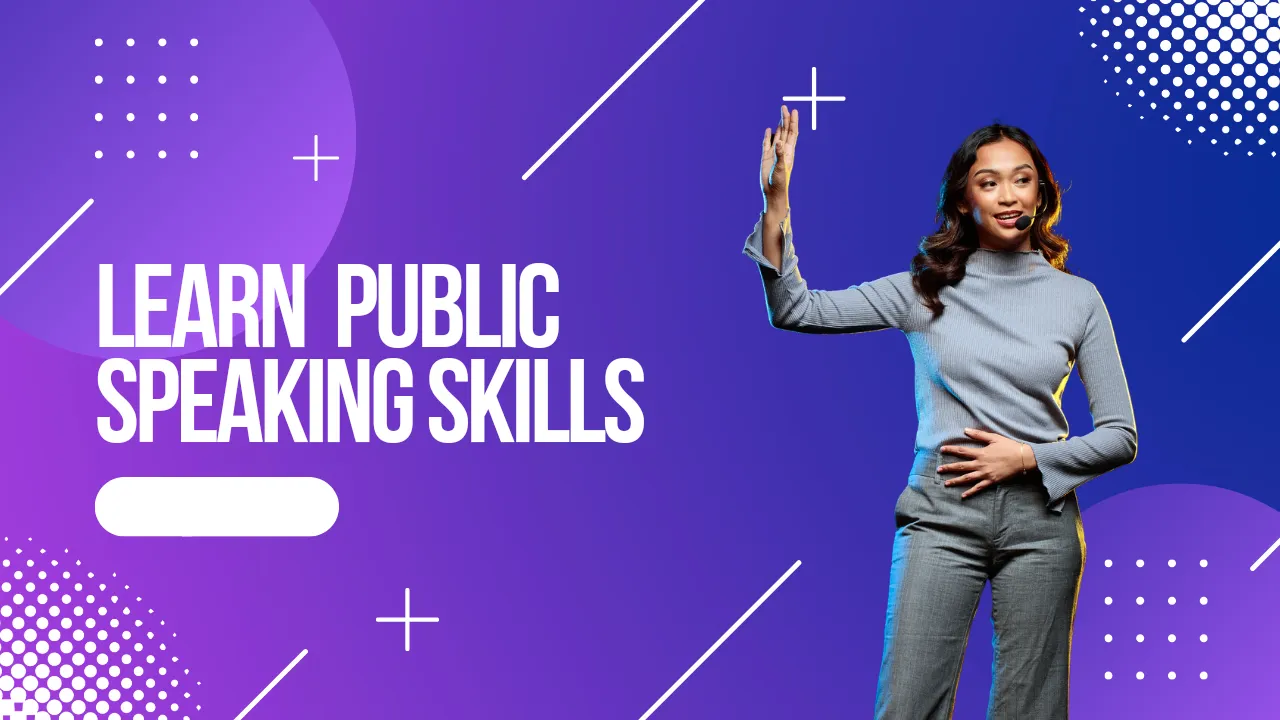
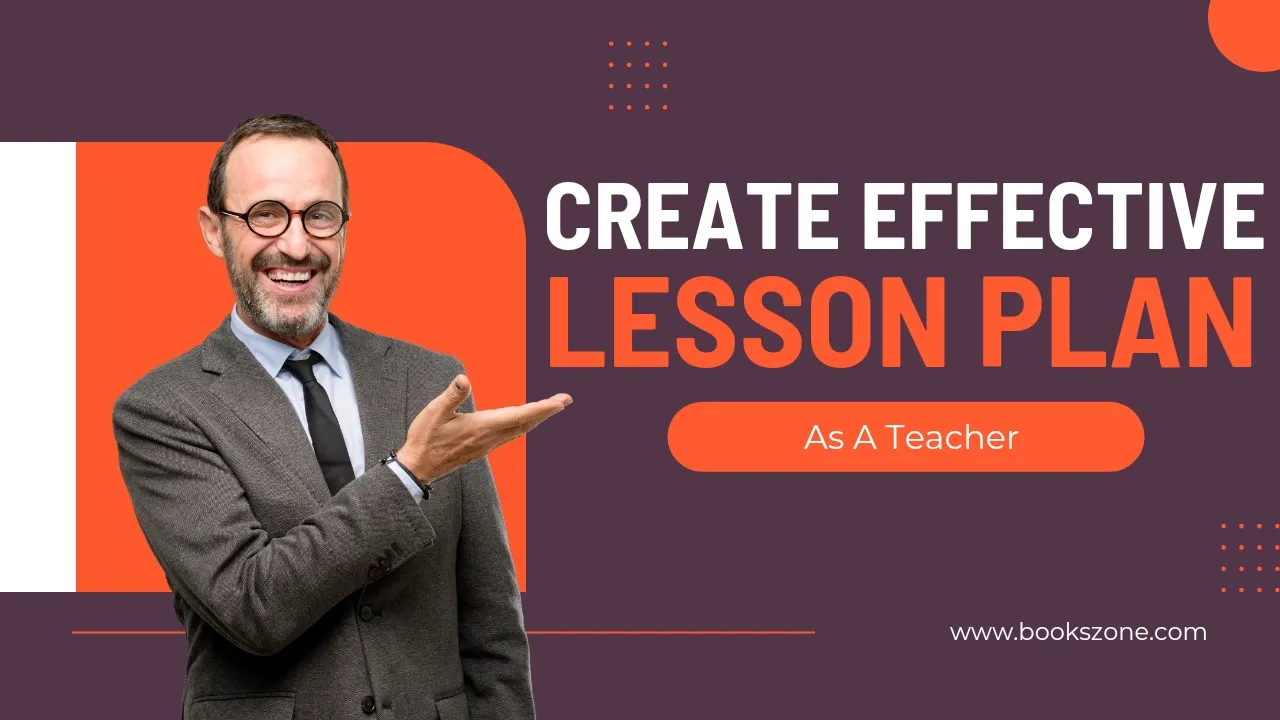


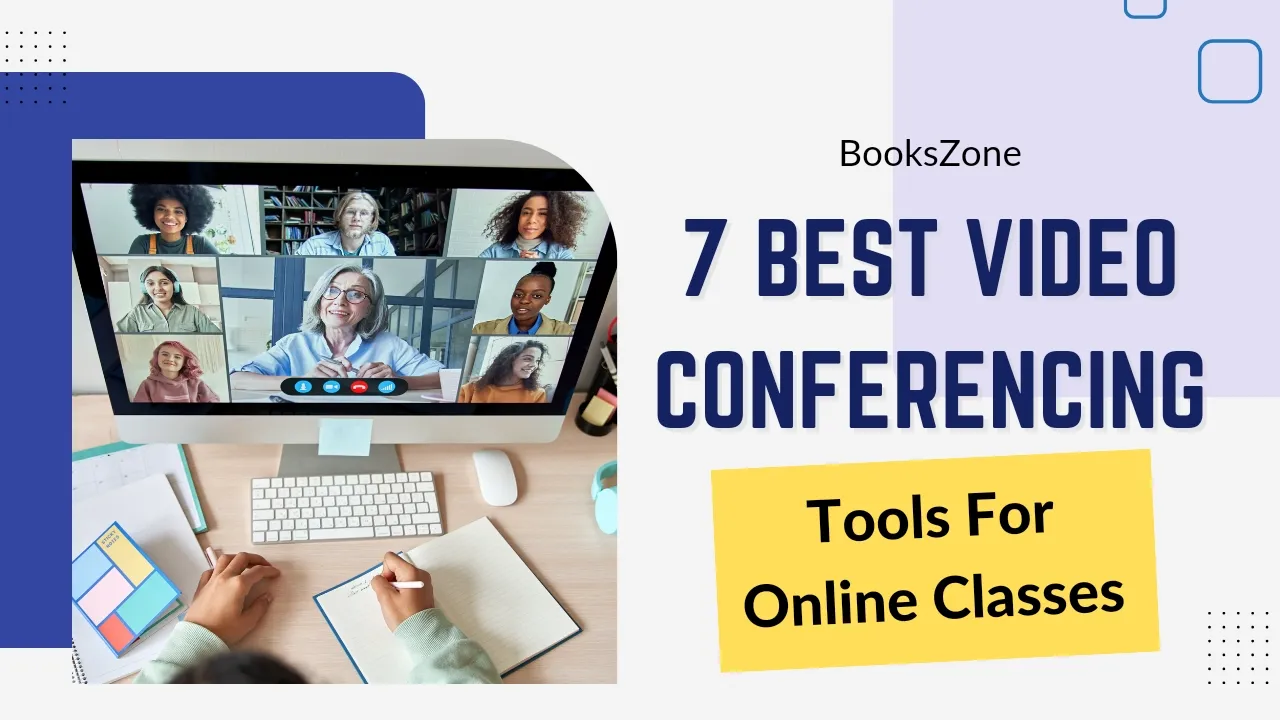
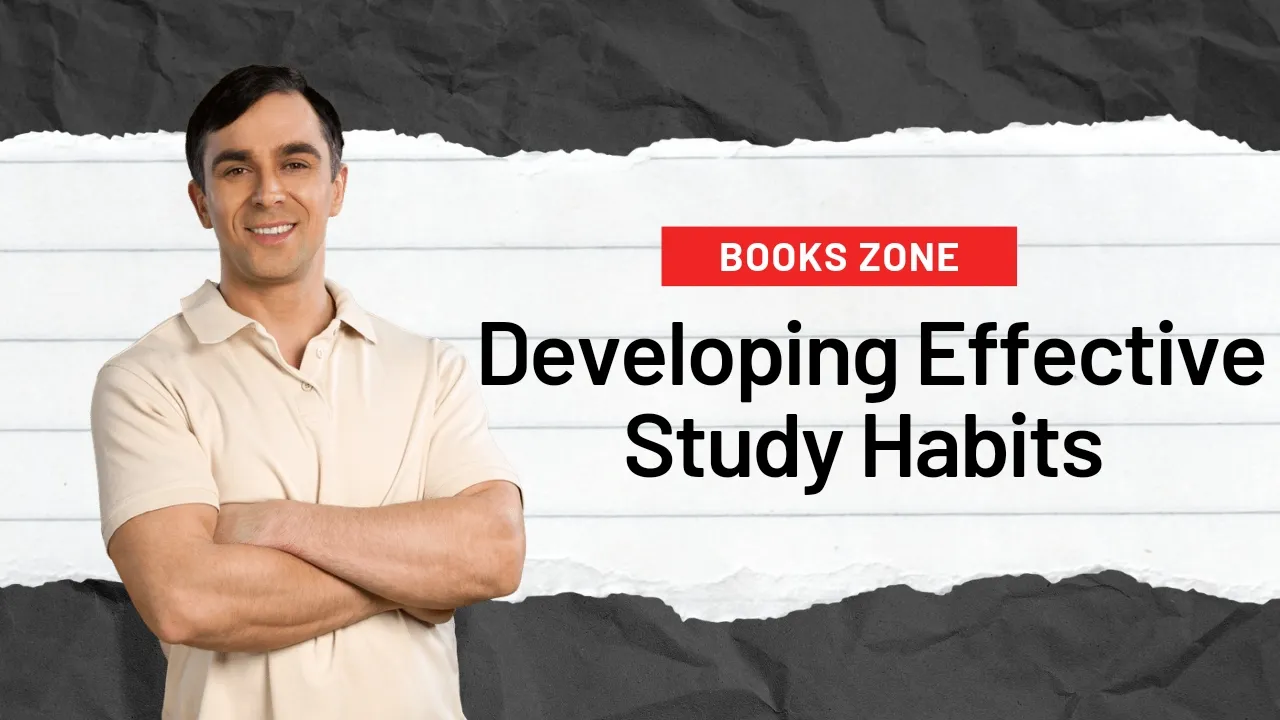
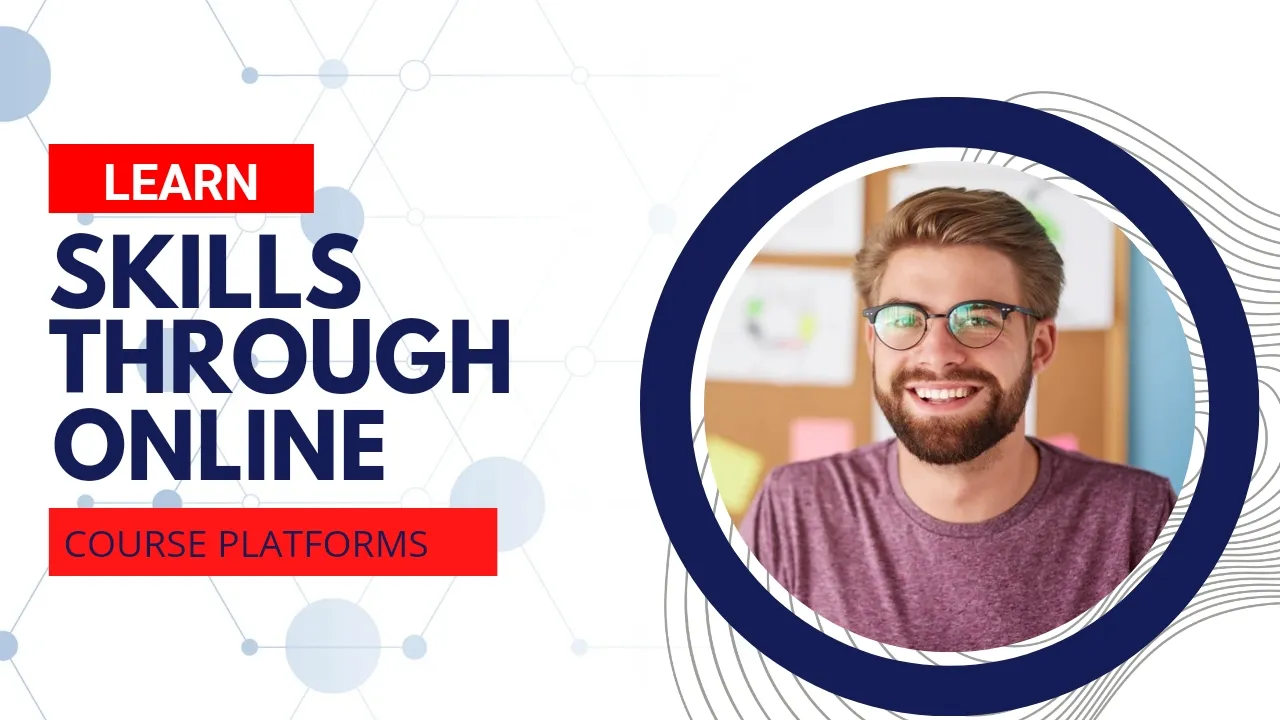







Leave a Comment